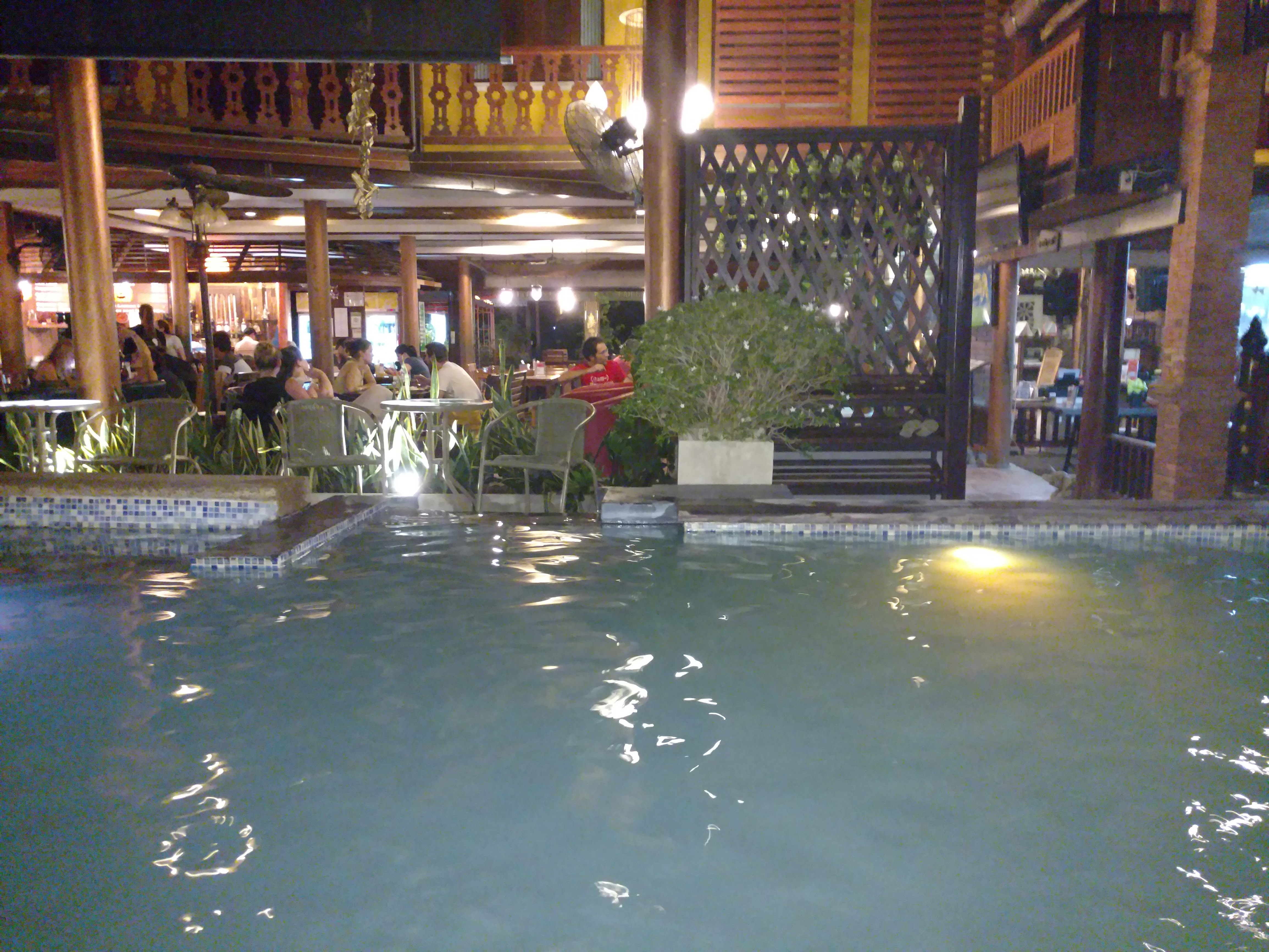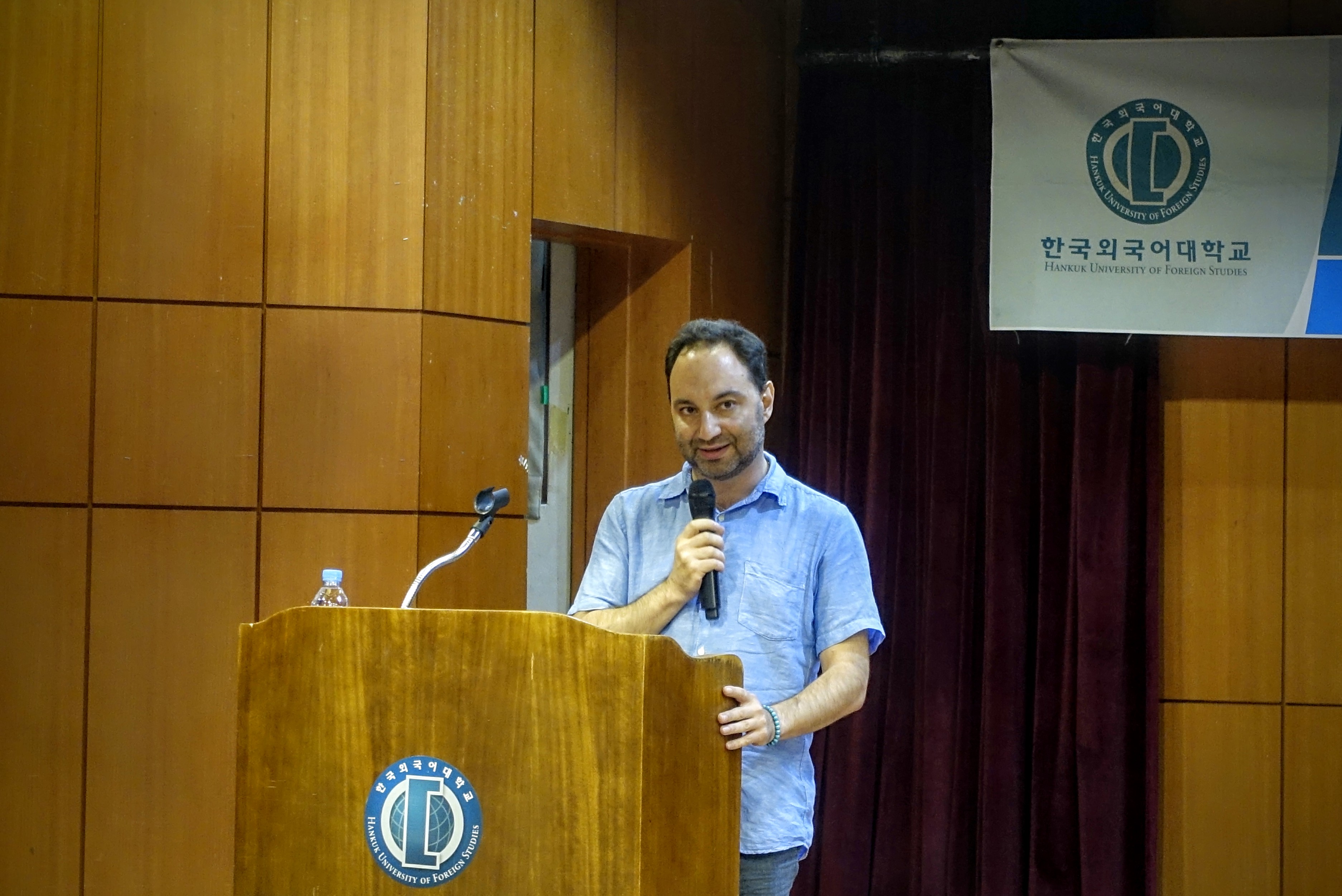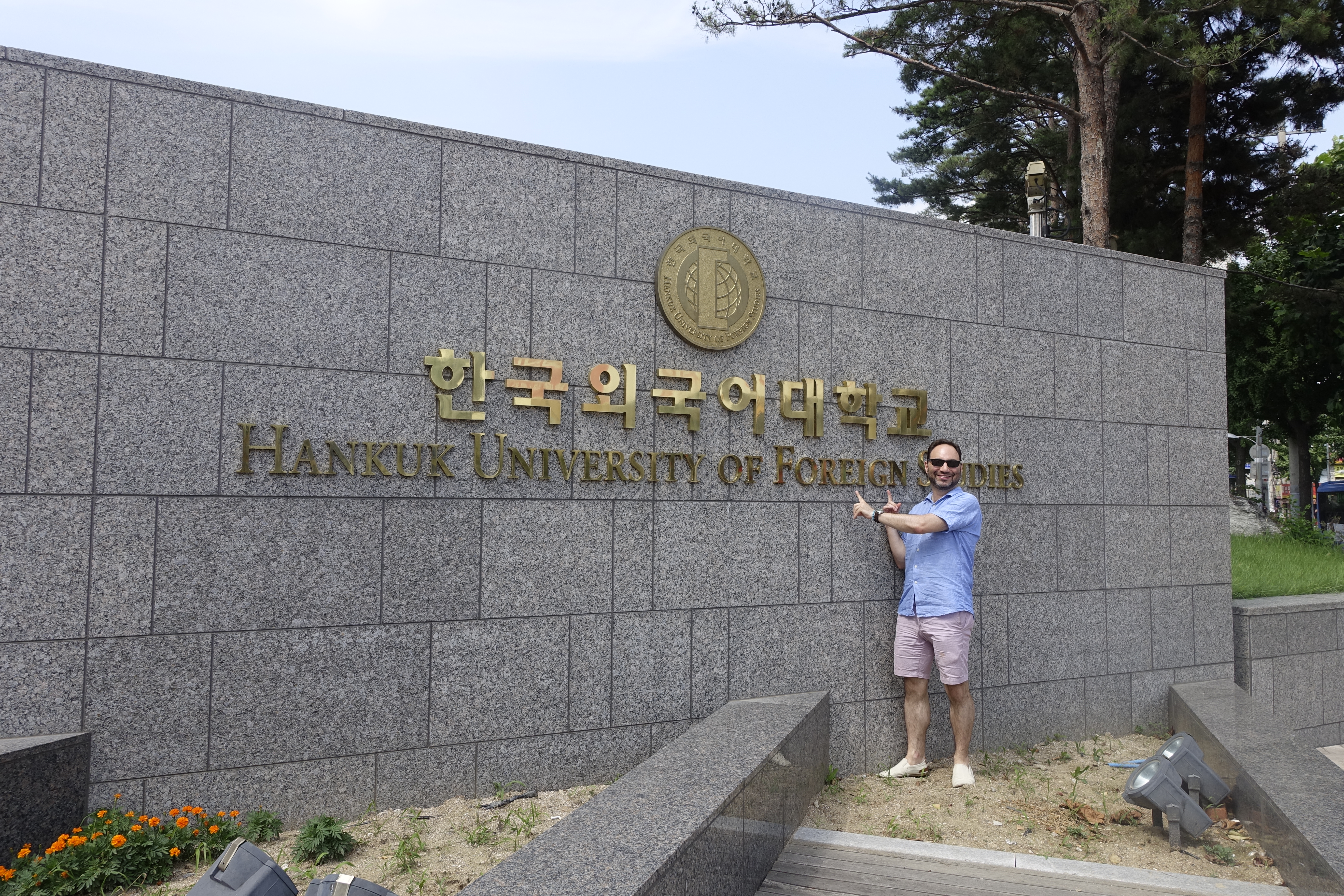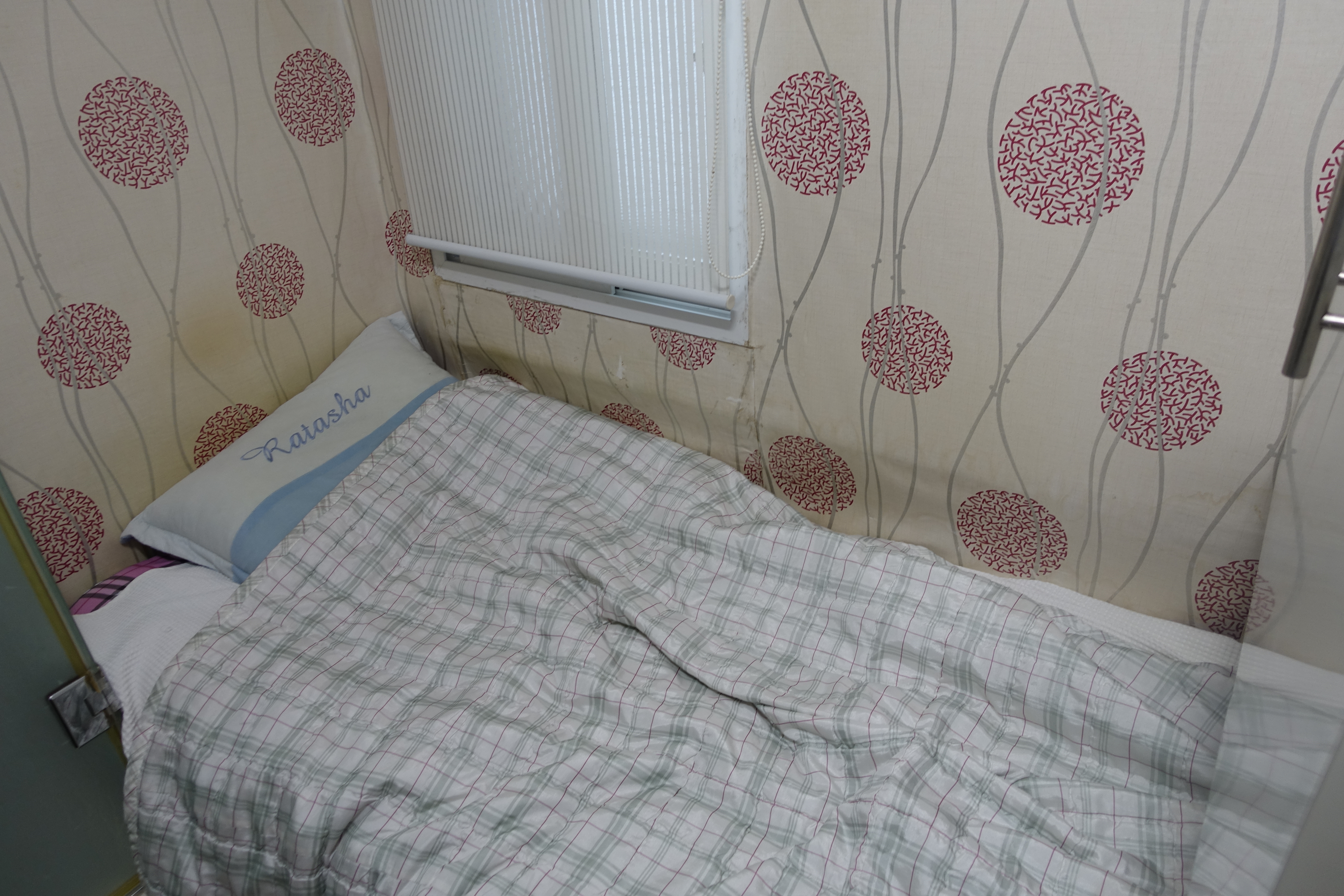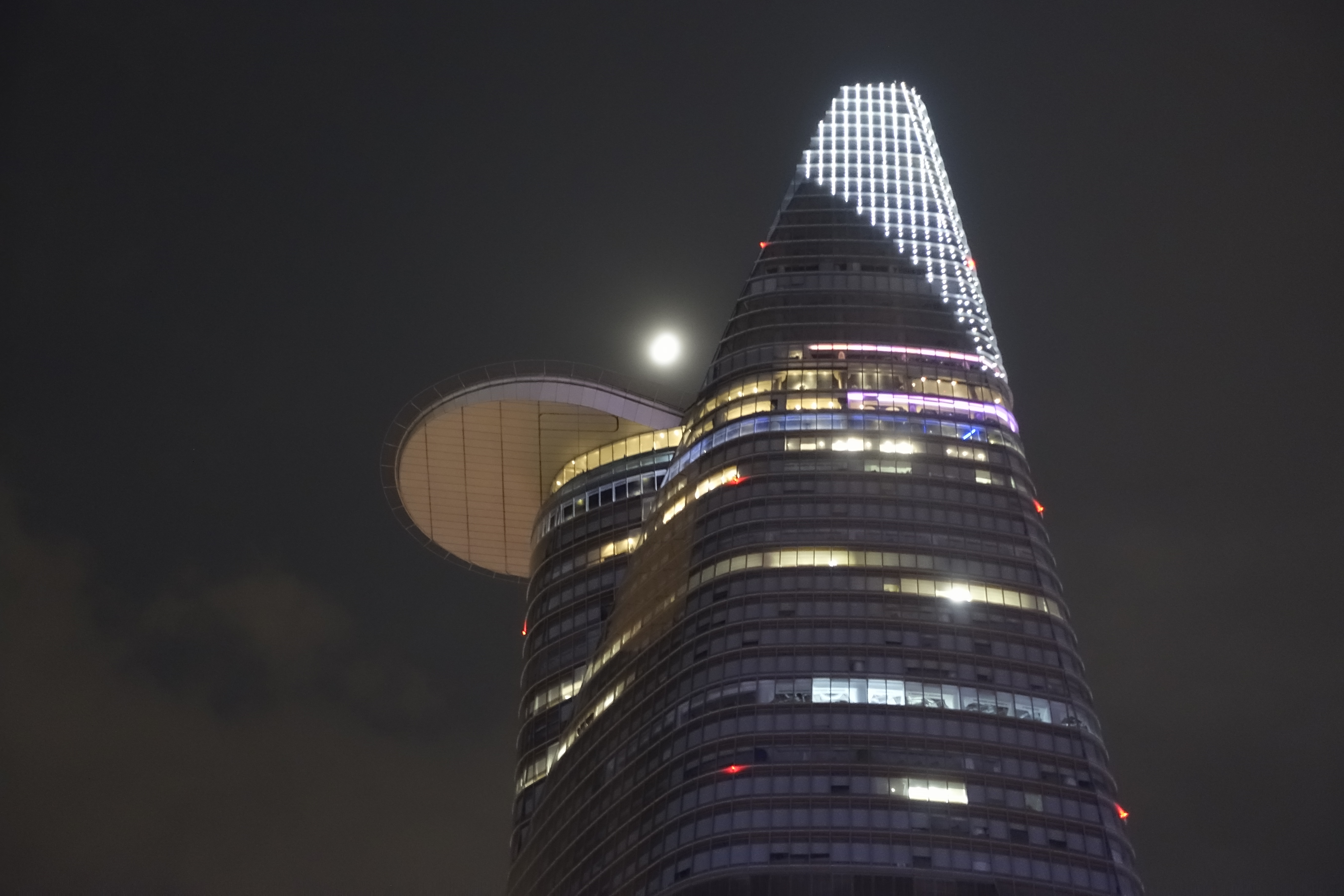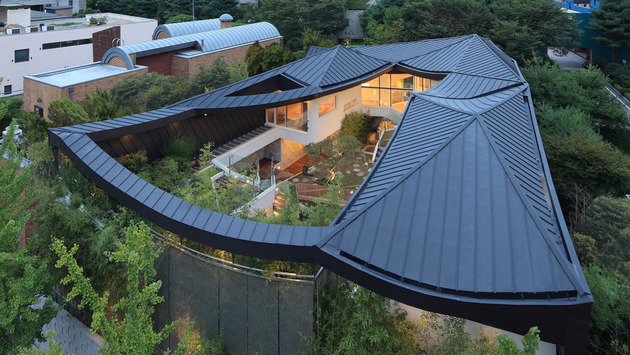I am currently in Seoul, lying in bed in what is the tiniest room I’ve ever stayed in, resting my head on a pillow called Ratasha. I’m here at Hankuk University of Foreign Studies, in an outlying and moderately dumpy neighborhood, for a month of intensive Korean language study before I take my proficiency exam at Columbia University. I’m staying at what’s called a goshitel, which is a combination of the words goshi (exam) and hotel, and is a kind of fancified word for what’s more often called a goshiwon, or exam housing. They’re basically dorms with tiny little rooms for students who are cramming for tests or studying at universities. Mine is so small that I sleep with my feet under my closet. But it’s reasonably clean, reasonably cool, there’s a laundry machine down the hall, there’s free rice and kimchi in the kitchen, and it’s costing me a little over $400 for the month.
I’ve actually grown kind of used to the little place, as one does with pretty much anything in life. And I like the student life here. I have Korean classes every day from 9 am to 1 pm, at a high enough level that we’re having somewhat interesting conversations. My classmates range from a passel of undergrads of various nationalities — English, French, Taiwanese, Chinese, Japanese — to an 80-year-old Japanese guy who’s pretty much deaf, shouts a lot, and tends to make lots of semi-rude comments about drinking and the attractiveness of HUFS teachers. There’s also a retired Japanese woman, a Japanese woman who’s something like my age (she’s secretive about it), and a Spanish woman who teaches Spanish in Spain and wants to teach it here instead. After class we all go to the shitty campus cafeteria, where cranky ajummas dish out low-grade Korean food but it only costs $2 for lunch and you buy your meal tickets from big computerized vending machines.
It’s hard to believe I arrived just a week ago. It feels like I live here.
When I think about my plan to move to Seoul, I sometimes go down this rabbit hole of fear where I imagine myself all alone and miserable in the middle of a long Korean winter, with no one to talk to, living in some hellhole and hating myself for having come here. But every time I do come here, I find that my schedule fills up to the point that I have to plan time to be alone and do the alone things I want to do, like writing or studying. I have friends here, and I make new friends here easily, and I’ve been having fun on both counts. I’ve been all over Seoul, out to Gimpo, down to Suwon. I’ve seen foreign friends and Korean friends and gone out with classmates. I have discovered new neighborhoods where I might want to live when I come back. I have also studied quite a bit. I like it here.
Seoul by now is easy. I still have fears about living here, but it’s easy both because I’m used to it and because it’s improving. You can get flossers now at Daiso, and I’ve been told that you can walk into a pharmacy these days and just ask for the medicines you want — not like the old days, where you told the pharmacist what was wrong with you and received a mystery packet of pills. There are bagels, though they are not ever going to be New York bagels.
There are friends. There are, in fact, people here who love me.
Things that used to be sticking points have come unstuck. I can make it here. After all, I made it in New York, and the song tells me I can make it anywhere after that. And in the meantime, I’m having a blast, learning a ton, and occasionally even sleeping.

